About Family Services Menasha Counseling Clinic
Welcome to the Family Services Menasha Counseling Clinic. We offer a variety of services to help our clients overcome addiction and mental health issues. We offer dual diagnosis treatment to help those struggling with both mental illness and addiction. We also offer drug rehab, adult and young adult rehab, and elderly rehab. Our cognitive behavioral therapy and dialectical behavior therapy can help clients learn how to cope with their emotions in a healthy way. We also offer family therapy, group therapy, and individual therapy. Our trauma therapy can help clients heal from past traumas. We are here to help you on your journey to recovery.
Addiction Treatment Programs
Dual Diagnosis
If you have both a mental health condition and substance use disorder, you need dual diagnosis treatment in Wisconsin to address both issues together. Whether you need detox, inpatient treatment, or outpatient care, a dual diagnosis program will offer specific support for your mental health needs alongside traditional substance use treatment.
Drug Rehab
The best way to achieve recovery from substance use disorder is by completing a high-quality drug rehab in Wisconsin and applying the tools you learn to stay in recovery. In a drug treatment program you’ll not only receive treatment, but you’ll participate in activities, receive peer support, and learn how to have fun without substance use.
Adult Program
An adult program in Wisconsin can help clients make healthier life choices and avoid common mistakes. Whether you need detox, inpatient treatment, or outpatient care, an adult program will offer specific support for your emotional, mental, and social needs.
Young Adult Rehab
If you’re a young adult struggling with substance use, consider a young adult rehab program in Wisconsin. Whether you need detox, inpatient treatment, or outpatient care, a young adult program will offer specific support for your emotional, mental, and social needs.
Senior Rehab
If you’re older and struggling with substance use, consider a senior rehab in Wisconsin. They can help you address your unique challenges and break free from addiction. Whether you need detox, inpatient treatment, or outpatient care, a senior program will offer specific support for your physical, emotional, mental, and social needs.
Insurance Coverage
Self-pay options
In Wisconsin, you have multiple options for paying for rehab, one of which is self-pay. When you use a medical loan, write a check, or electronically transfer money, you have maximum freedom in choosing the treatment center you prefer.
Medicaid
How do you pay for rehab in Wisconsin? If you qualify, a good option is Medicaid. Medicaid covers multiple levels of care, and you may have no out-of-pocket costs. However, you’ll need to choose a treatment center that accepts Medicaid.
Medicare
Paying for rehab in Oklahoma can be done in multiple ways, including using Medicare. You may have out-of-pocket costs such as a deductible or copay, and you’ll want to look for a treatment center that accepts your Medicare coverage.
Private insurance
There are many ways to pay for rehab in Wisconsin. One option is private insurance. Different plans have different coverage levels, so be sure to check with your insurance company for details. You may be responsible for certain costs, such as copayments and deductibles.
Military insurance
If you have military insurance in Wisconsin, you can use your coverage to help pay for rehab treatment. Because plans vary, be sure to contact the insurer to find out what centers are in-network with your coverage and to find out what out-of-pocket costs you might be responsible for.
Levels of Care
- 1
Outpatient Rehab
Outpatient treatment in Wisconsin can provide a great way to practice and reinforce new habits formed in residential rehab programs. Building a new life for yourself takes time, and it’s important to have enough support throughout the process. Outpatient treatment allows you to have more intensive or less intensive help, depending on your needs.
Therapies
Cognitive Behavior Therapy
The goal of cognitive behavioral therapy (CBT) in Wisconsin is to address negative thinking patterns to create positive change. Substance use treatment includes detox, inpatient treatment, and outpatient care, and CBT may be a part of each of these stages. The goal is to help clients identify disorted thinking, replace it with rational thinking, and change their response accordingly.
Dialectical Behavior Therapy
The goal of dialectical behavioral therapy (DBT) in Wisconsin is to help you recognize your strengths and embrace your ability to create positive change. Substance use treatment includes detox, inpatient treatment, and outpatient care, and DBT may be a part of each of these stages. The goal is to help clients develop the skills they need to solve the problems they face without substance use.
Family Therapy
Family therapy in Wisconsin can address conflicts in your family so your loved ones can help provide encouragement, support, and accountability as you work through substance use treatment. There are several goals in family therapy. Some sessions may be focused on specific past events, while others address current broken relationships or how good intentions have gone astray. Over time, family relationships can be restored, making recovery easier.
Group Therapy
Group therapy in Wisconsin can provide encouragement, support, and accountability as you work through substance use treatment. Substance use treatment includes detox, inpatient treatment, and outpatient care, and group therapy may be a part of each of these stages. The goal is to help clients support each other, provide accountability, and relate to each other’s experiences.
Individual Therapy
During individual therapy in Wisconsin, clients have a confidential environment to work through their struggles with a professional. Some of the topics covered in individual therapy include developing healthy coping skills, addressing past events that may have played a part in substance use, and building a support network.
Trauma Therapy
Talking about what you’ve been through and how it impacted you is an important way to heal, and trauma-informed therapy in Wisconsin gives you that opportunity. Both inpatient treatment and outpatient care can include trauma-informed therapy, which helps you create a feeling of safety, access peer support, embrace the validity of your feelings, and create healthy coping skills.
Location
Contact Family Services Menasha Counseling Clinic
Top Drug Rehab Centers in Wisconsin
-
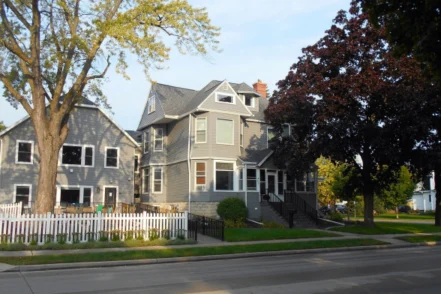 Wisconsin
WisconsinBeacon House
166 South Park Avenue Fond du Lac, Wisconsin 54935
-
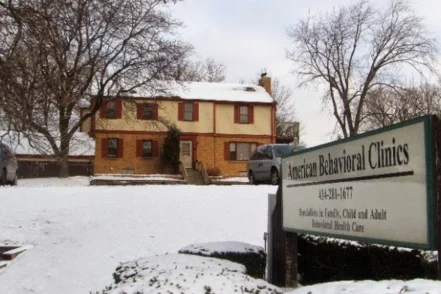 Wisconsin
WisconsinAmerican Behavioral Clinic West Layton Avenue
7330 West Layton Avenue Milwaukee, Wisconsin 53220
-
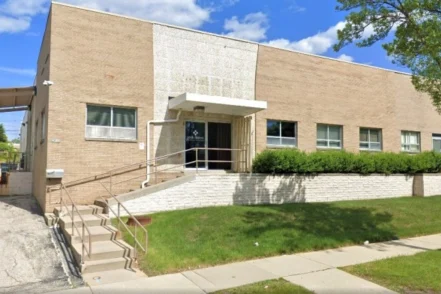 Wisconsin
Wisconsin10th Street Comprehensive Treatment Center
4800 South 10th Street Milwaukee, Wisconsin 53221
-
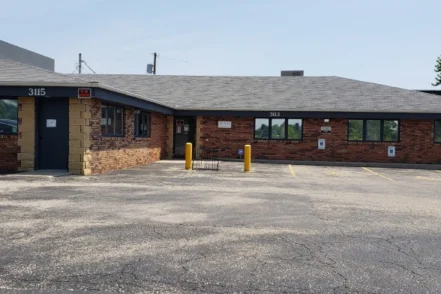 Wisconsin
WisconsinPsychological Addiction Services
3113 East Washington Avenue Madison, Wisconsin 53704
-
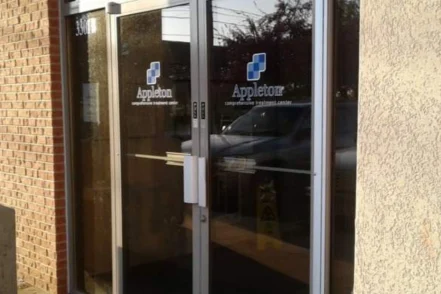 Wisconsin
WisconsinAppleton Comprehensive Treatment Center
3301 North Ballard Road, Suite B Appleton, Wisconsin 54911
-
 Wisconsin
WisconsinBlandine House 25 North Park Avenue
25 North Park Avenue Fond du Lac, Wisconsin 54935
-
 Wisconsin
WisconsinBurkwood Treatment Center
615 Old Mill Road Hudson, Wisconsin 54016
-
 Wisconsin
WisconsinWisHope Recovery
4739, 223 Wisconsin Ave, Suite A Waukesha, Wisconsin 53186
-
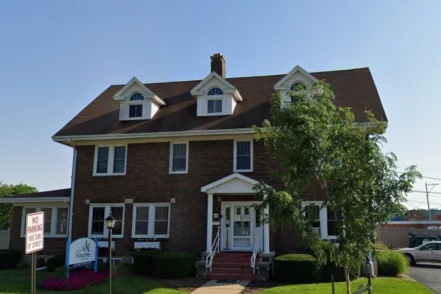 Wisconsin
WisconsinJackie Nitschke Center Inc
630 Cherry Street Green Bay, Wisconsin 54301
-
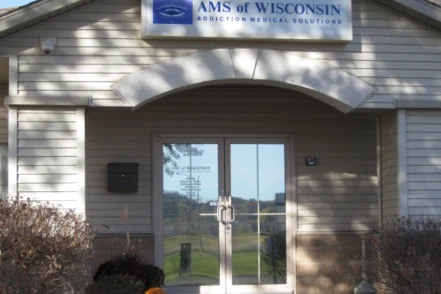 Wisconsin
WisconsinAMS
9532 East 16 Frontage Road Onalaska, Wisconsin 54650